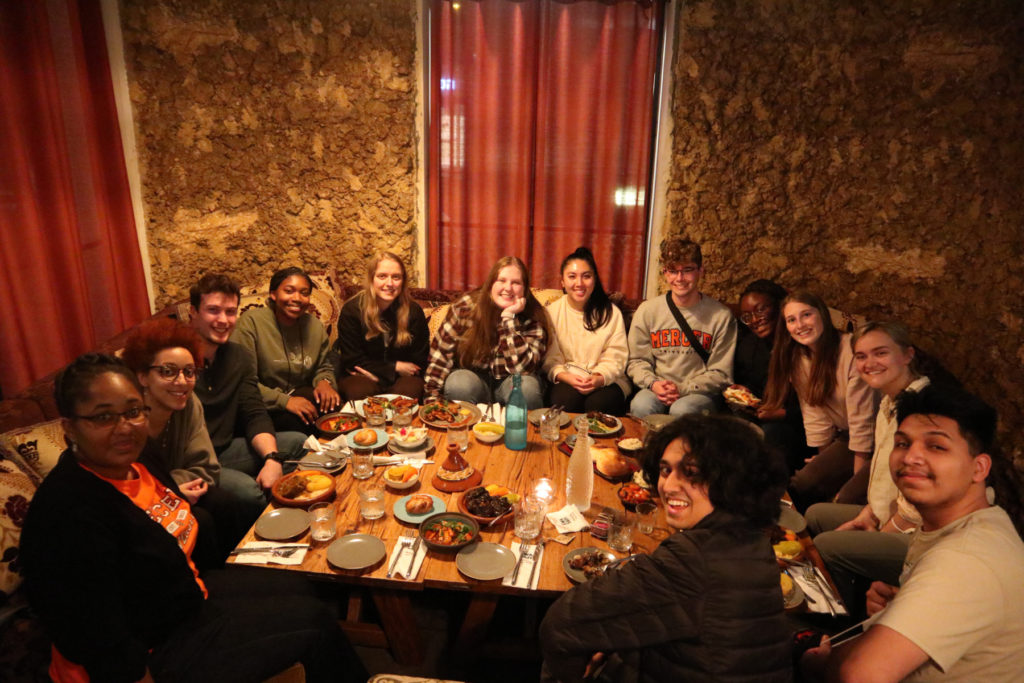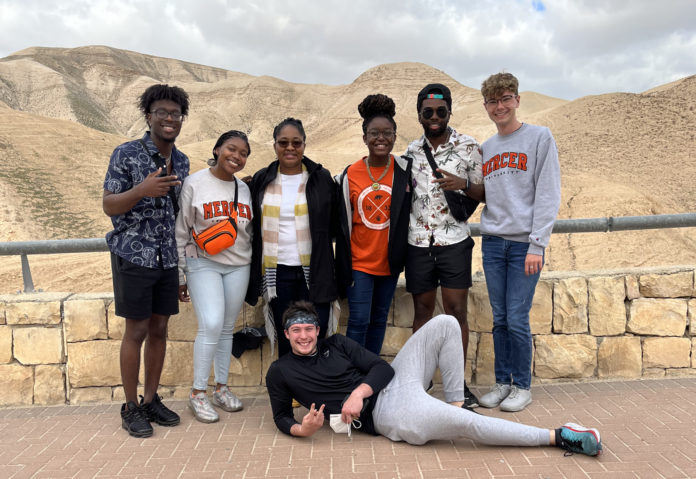
For 10 days over spring break, a group of Mercer University students traversed Israel as part of a class focused on exploring the principles of health and human rights.
The trip, a study abroad program led by Dr. Chinekwu Obidoa, associate professor of global health studies and Africana studies in the College of Liberal Arts and Sciences, sought to understand health in Israel and its intersections with culture, religion, history, geography and conflict.
“Human rights is not just a separate entity or separate concept,” Dr. Obidoa said. “It’s embedded in health.”
The Israel program, in which students visited Tel Aviv, Jerusalem and Haifa, among other cities and landmarks from March 3-13, was one of six that marked the return of Mercer’s faculty-led spring break study abroad programs. The spring break programs had been on hold for the past two years due to the COVID-19 pandemic.
In addition to Israel, undergraduate students traveled to the Galapagos Islands in Ecuador; Antigua, Guatemala; Mexico City; and San Juan, Puerto Rico. Students in a Mercer Law program attended a workshop at the University of Oxford in England. In all, 58 undergraduate students and five law students participated.
Students benefit from these faculty-led spring break study abroad programs in several ways, said Rebekah Anaya, associate director of study abroad who also participated in the Israel program.
“They get to experience another country and culture and broaden their minds to see the world in a bigger, global picture,” she said. “They take very specific courses with the faculty and get a hands-on experience in another country that they just couldn’t get on campus.
“For instance, the Israel program was studying health and human rights in Israel, and so we got to see firsthand what that looked like and got to talk to people in Israel, and it’s a very different experience from reading about it in a textbook.”
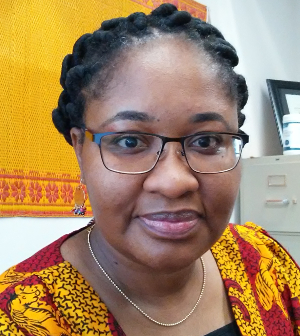
While in Israel, Dr. Obidoa encouraged her students to immerse themselves in the community and talk to and engage with the people who lived there.
This partial immersive learning (non-digital) approach provides benefits that are different from those of service learning, she said.
“You can also learn without serving because it affords you a different kind of perspective,” she said. “There’s always a desire to serve. Well, what if you are not even prepared to serve? You don’t even know the right way to help. …
“All you need to do is just be quiet and learn and basically immerse yourself.”
Upon returning to Mercer, students wrote reflection pieces about their experiences, excerpts of which can be read here.
Keeli Hennon, a junior majoring in global health studies who plans to add another major in French, said talking to the Israeli citizens and hearing their stories made her more curious about the world.
“In terms of understanding the world, obviously, we have unique backgrounds, but people are people, and they want to share their stories,” she said.
The group traveled throughout the country on a chartered minibus, driven by an affable Palestinian man from West Bank whose knowledge and perspective were a great resource, said Dr. Obidoa, who previously traveled to Israel in 2019 as part of the Jewish National Fund’s Faculty Fellowship Program.
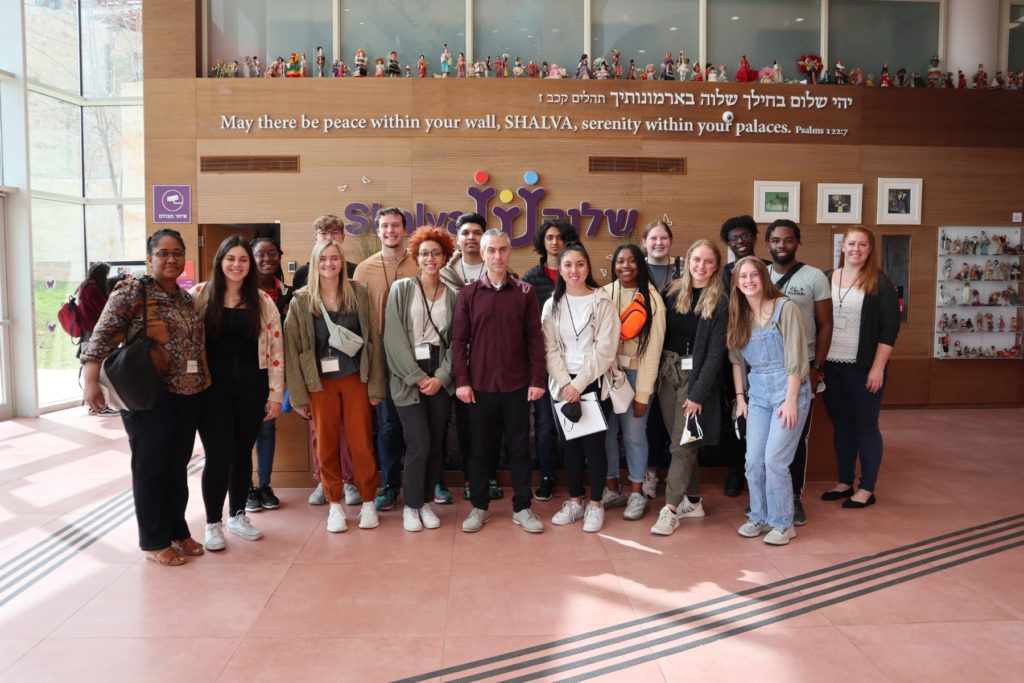
Among the places the students visited was the Shalva National Center, which provides care for individuals with disabilities, empowers their families and promotes social inclusion. They heard talks from professors at the University of Haifa and The Hebrew University of Jerusalem. They visited Yad Vashem – The World Holocaust Remembrance Center; met with Ethiopian Jews; and visited a Druze village in North-Central Israel.
“As a Christian, it was really powerful to see the places that I’ve spent my whole childhood hearing stories about and understanding not only is it a part of my faith but of history,” Hennon said.
The program also exposed her to all sorts of people who practiced Islam and Judaism.
“We had some really cool conversations with people there from different religious backgrounds,” she said. “We have way more in common than we think we do.”
Hennon’s favorite part was learning about Project Wadi Attir, a Bedouin effort to develop sustainable, community-based agriculture that is adapted to a desert environment.
“In a lot of my classes, we talk about these sustainable development goals, but this was the first time I got to see it in real life,” she said.
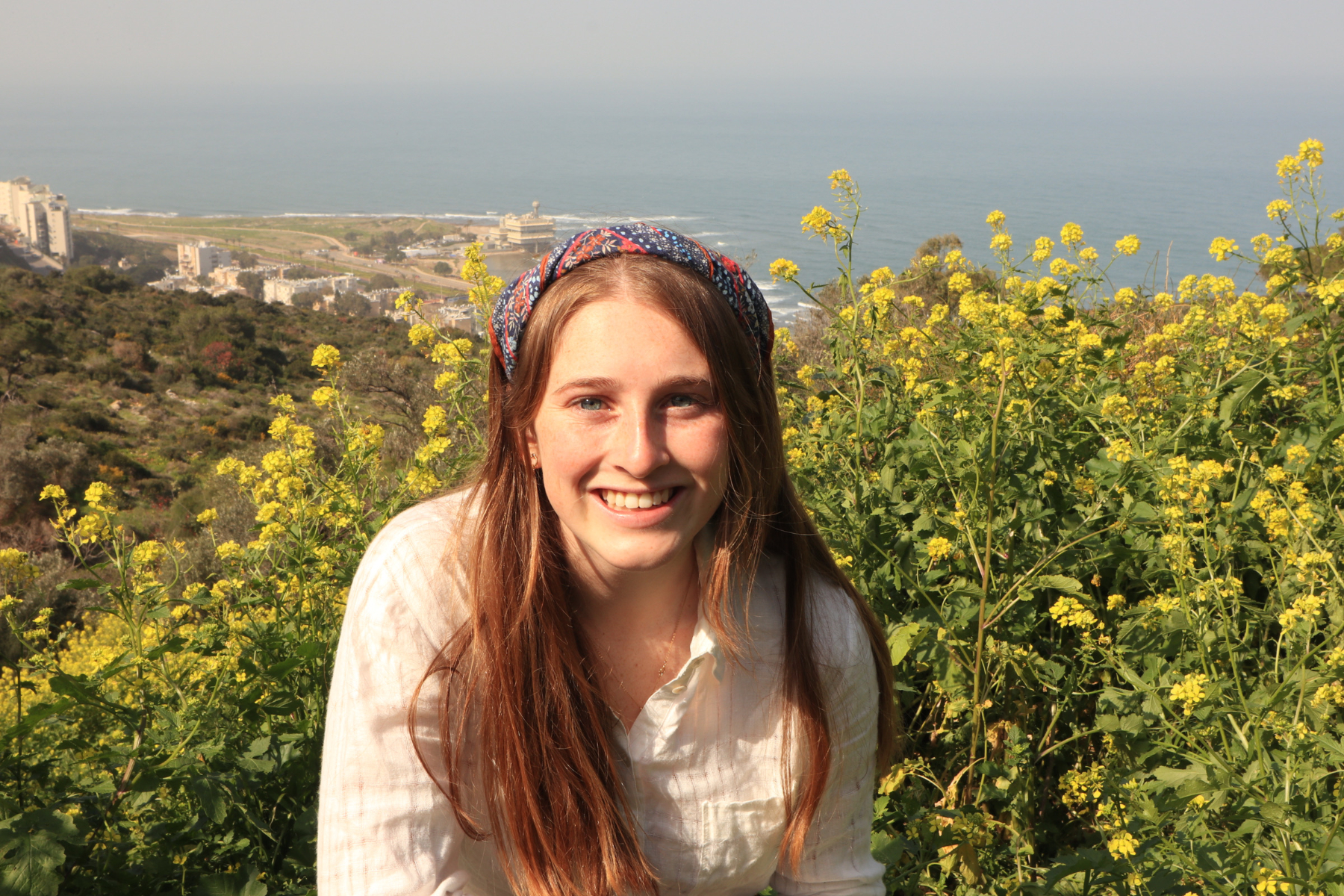
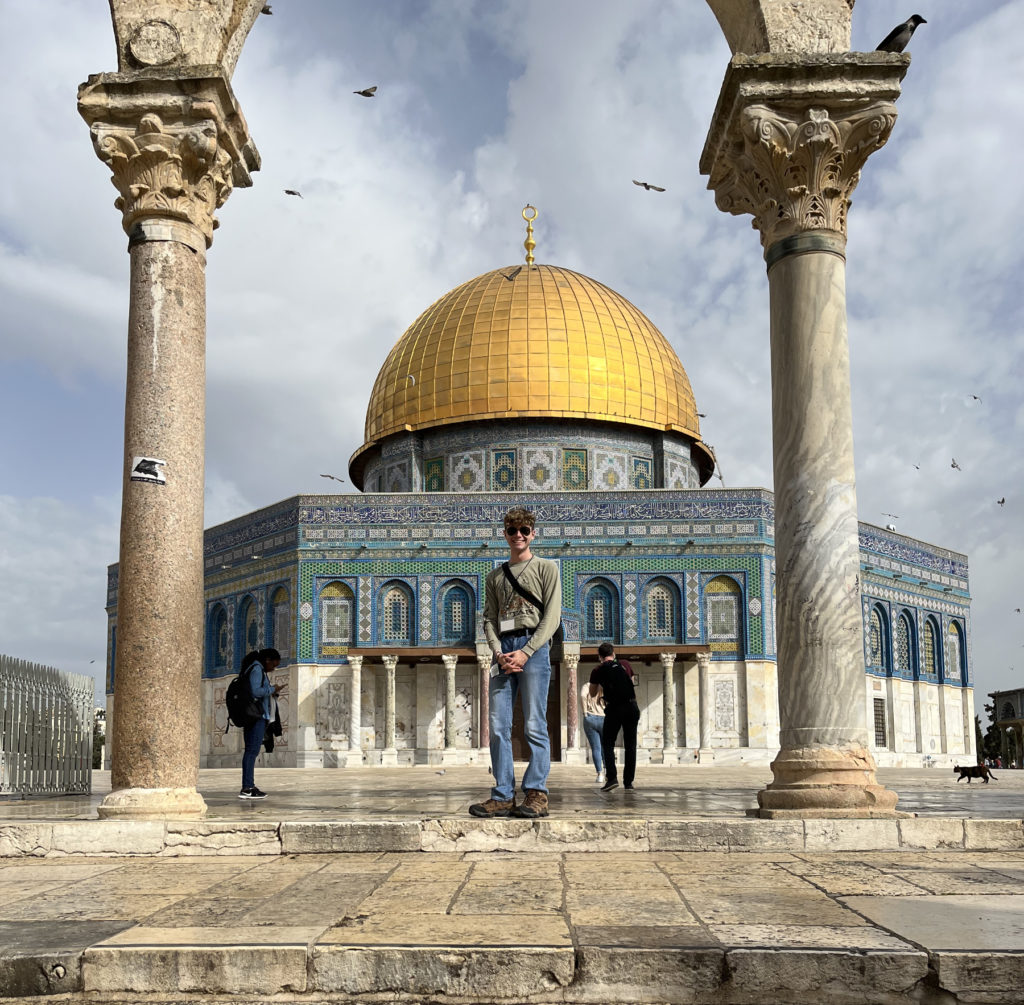
Prior to the trip, Hennon was debating whether to go into medicine or health policy. The experience helped her realize her passion for sustainability and development, and now she wants to pursue further education in the field.
Alec Campbell, a senior majoring in international affairs, said he enjoyed visiting Jerusalem.
“I’ve never seen such a diverse city as Jerusalem, just seeing the three main Abrahamic faiths among other religions that are represented there too,” he said. “Seeing all the representation of religion and different cultural experiences there was just really enlightening.”
He said he didn’t expect people to be as open as they were, and everyone answered all their questions about not only health care but also the Palestinian-Israeli conflict.
“Perhaps the biggest takeaway from the trip was the new realization I experienced regarding the Israeli-Palestinian conflict,” Campbell said. “Initially, I held the impression that there was a constant state of tension, violence and war between the two states. I expected this to be evident and observable in the daily interpersonal relations and interactions between the Arabs and Jews in Israel.
“However, this was not the case. If such tension was present, it was hidden well under their desire to simply live a healthy and peaceful life.”
Campbell said the trip made him want to return to the Middle East and travel to Africa. He wants to learn Arabic and hopes to work at a nonprofit or other nongovernmental organization that focuses on the environment, sustainability or helping refugees.
